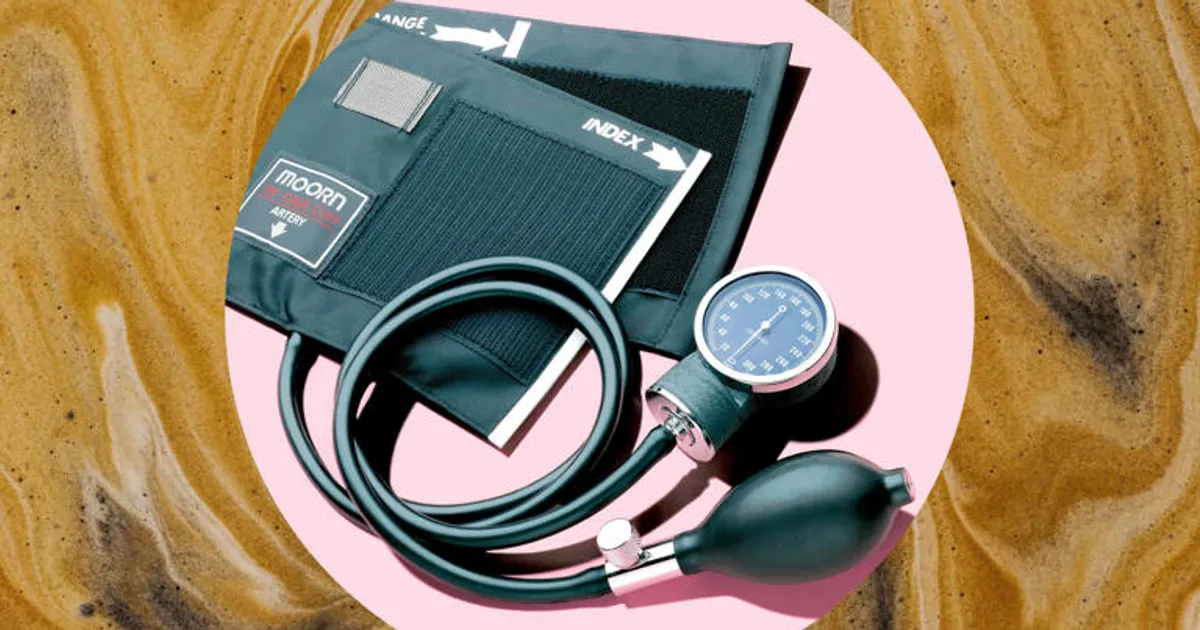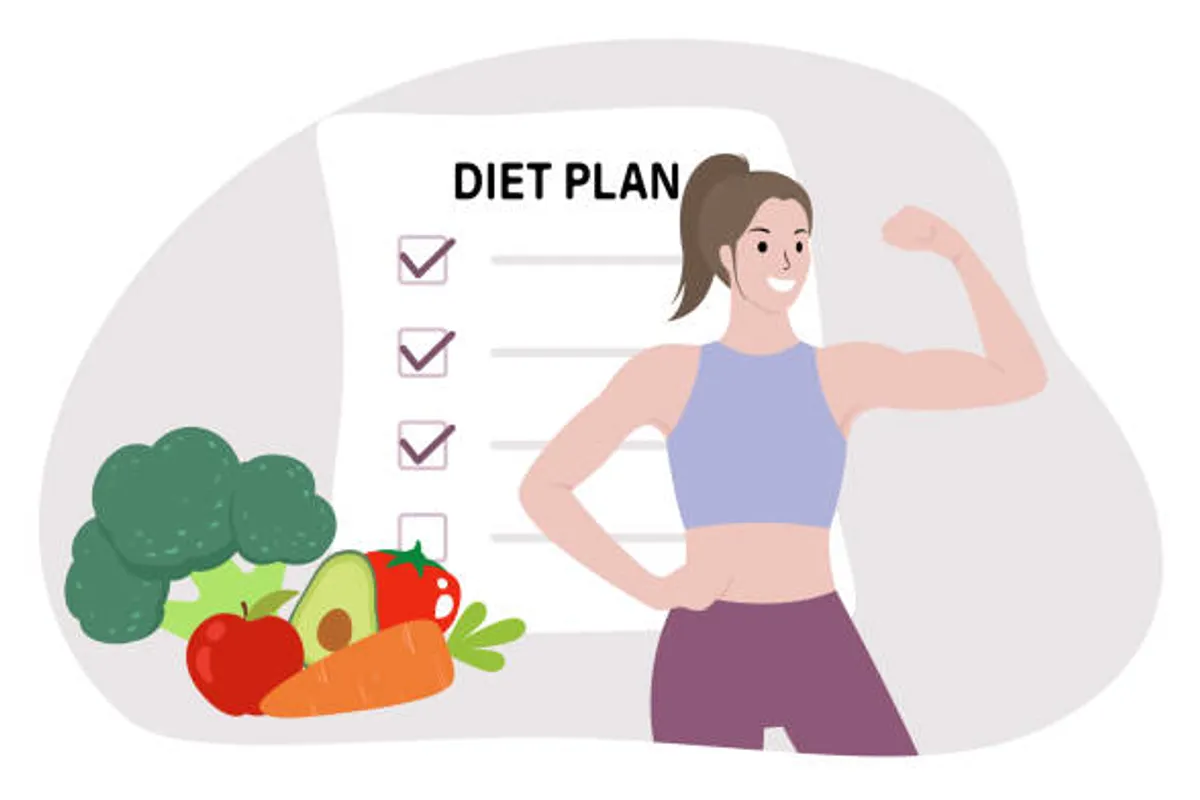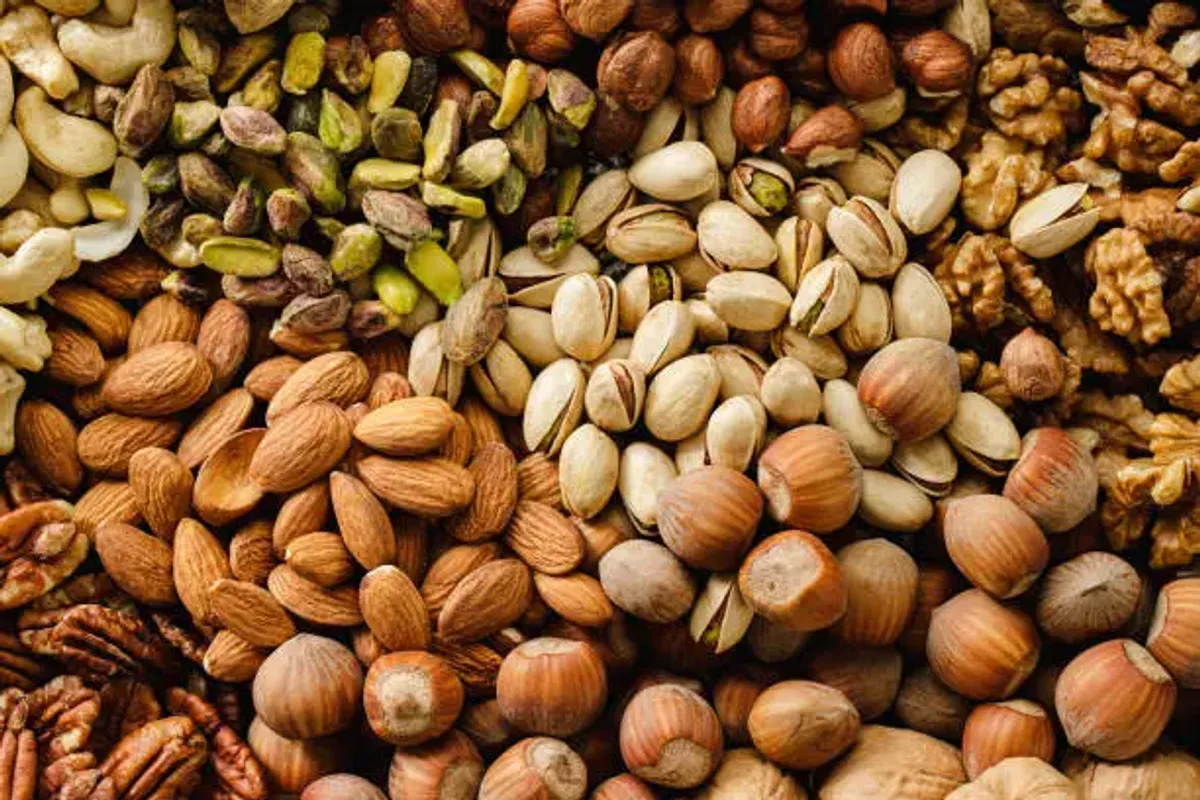Does Coffee Raise Blood Pressure? What Experts Say About the Caffeine Effect

GeokHub

Millions of people around the world start their day with a cup of coffee — but how does this popular beverage affect your blood pressure?
Health experts and cardiologists say that coffee can cause a temporary spike in blood pressure, particularly in people who are caffeine-sensitive or those who don’t consume it regularly. The reason lies in caffeine’s stimulation of the nervous system, which can lead to a short-term increase in heart rate and vascular resistance.
“Caffeine acts as a stimulant, triggering a surge in adrenaline, which may narrow blood vessels and temporarily raise blood pressure,” says Dr. Karen Phillips, a cardiovascular specialist.
For most healthy individuals, this spike is modest and short-lived, usually lasting about 1 to 3 hours after consumption. However, those with hypertension or underlying heart conditions may need to be cautious, as the increase could be more significant and longer-lasting.
Interestingly, long-term coffee drinkers often develop a tolerance to caffeine’s effects on blood pressure. Studies show that in habitual consumers, the impact tends to diminish over time, and regular moderate intake (1–2 cups per day) may have no lasting adverse effect.
In fact, several studies have suggested that coffee may even be linked to lower risks of cardiovascular disease and stroke, possibly due to its antioxidant and anti-inflammatory properties.
Still, experts recommend that people with high blood pressure monitor their response to caffeine and avoid excessive intake — especially from high-caffeine energy drinks or large servings of brewed coffee.
“Like many things in nutrition, it’s about balance,” Dr. Phillips adds. “Coffee isn’t dangerous for most people — but how much you drink and how your body reacts does matter.”







